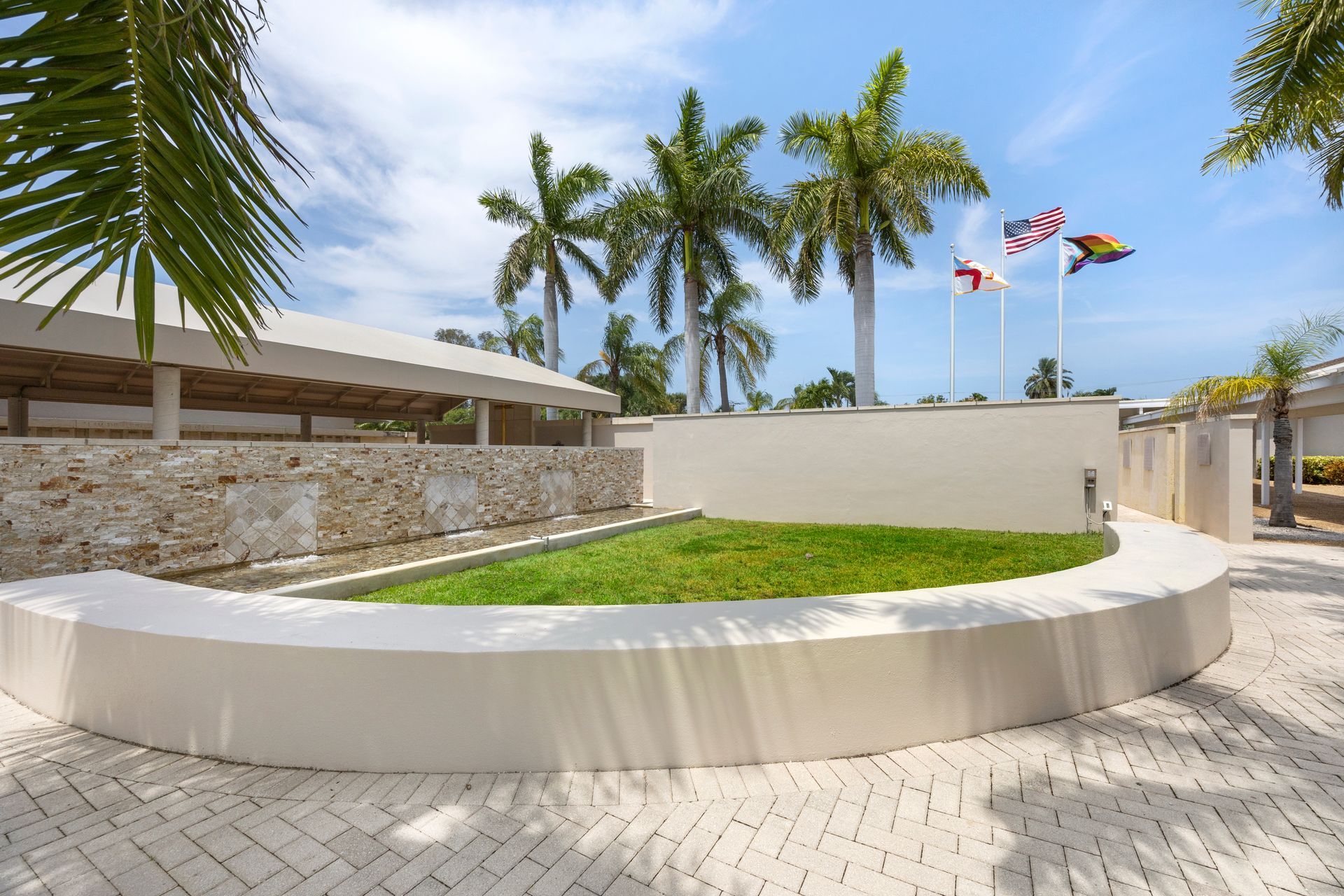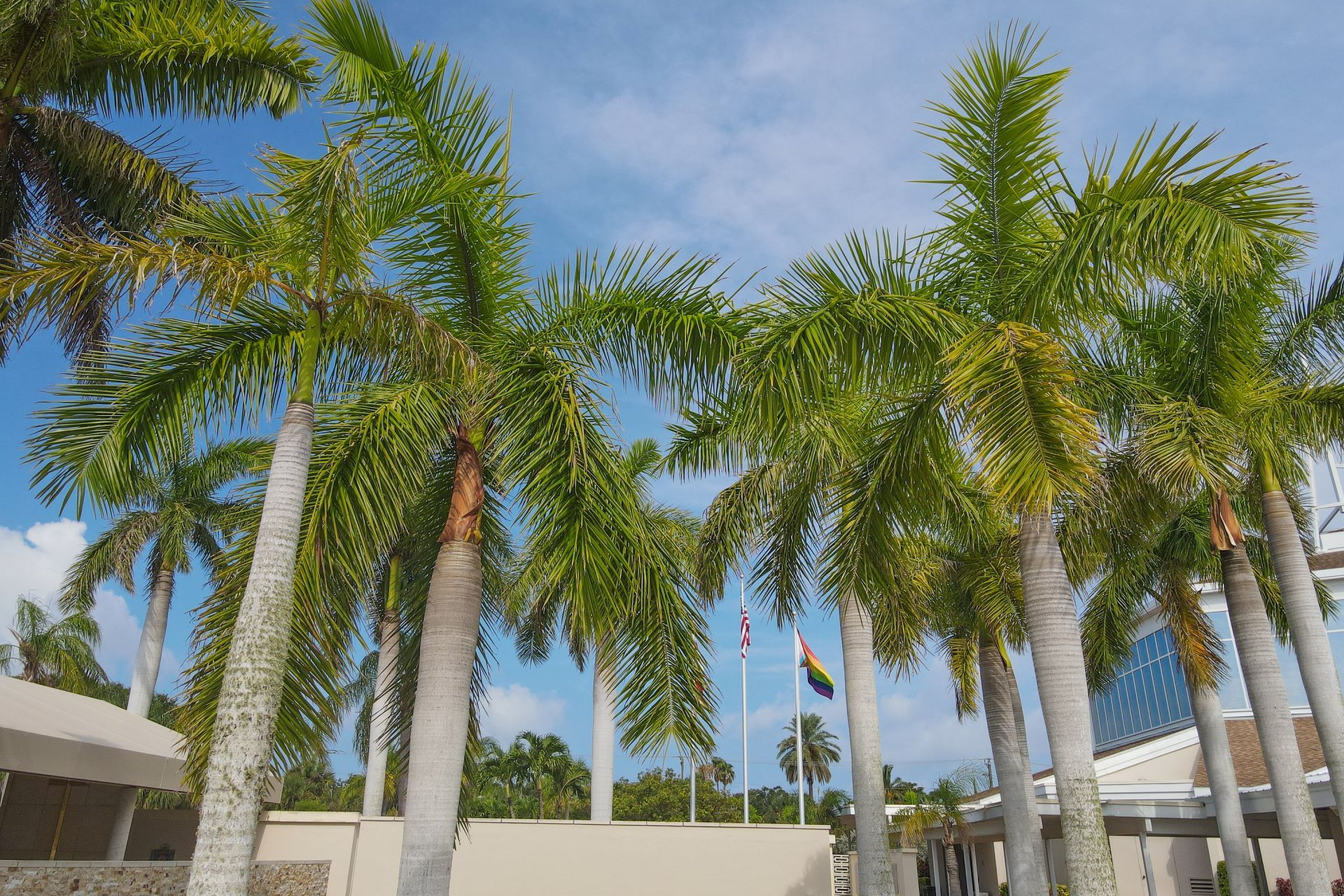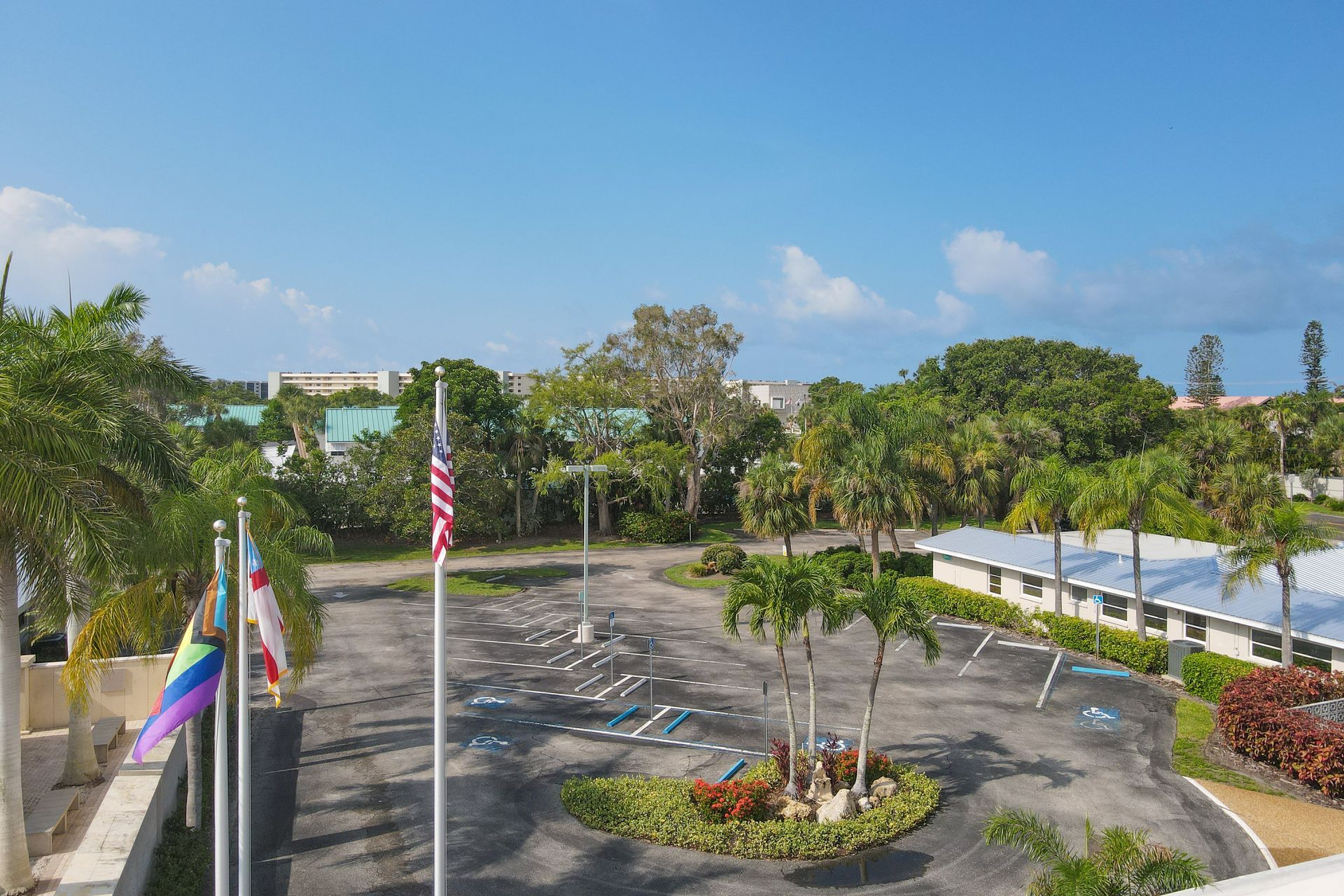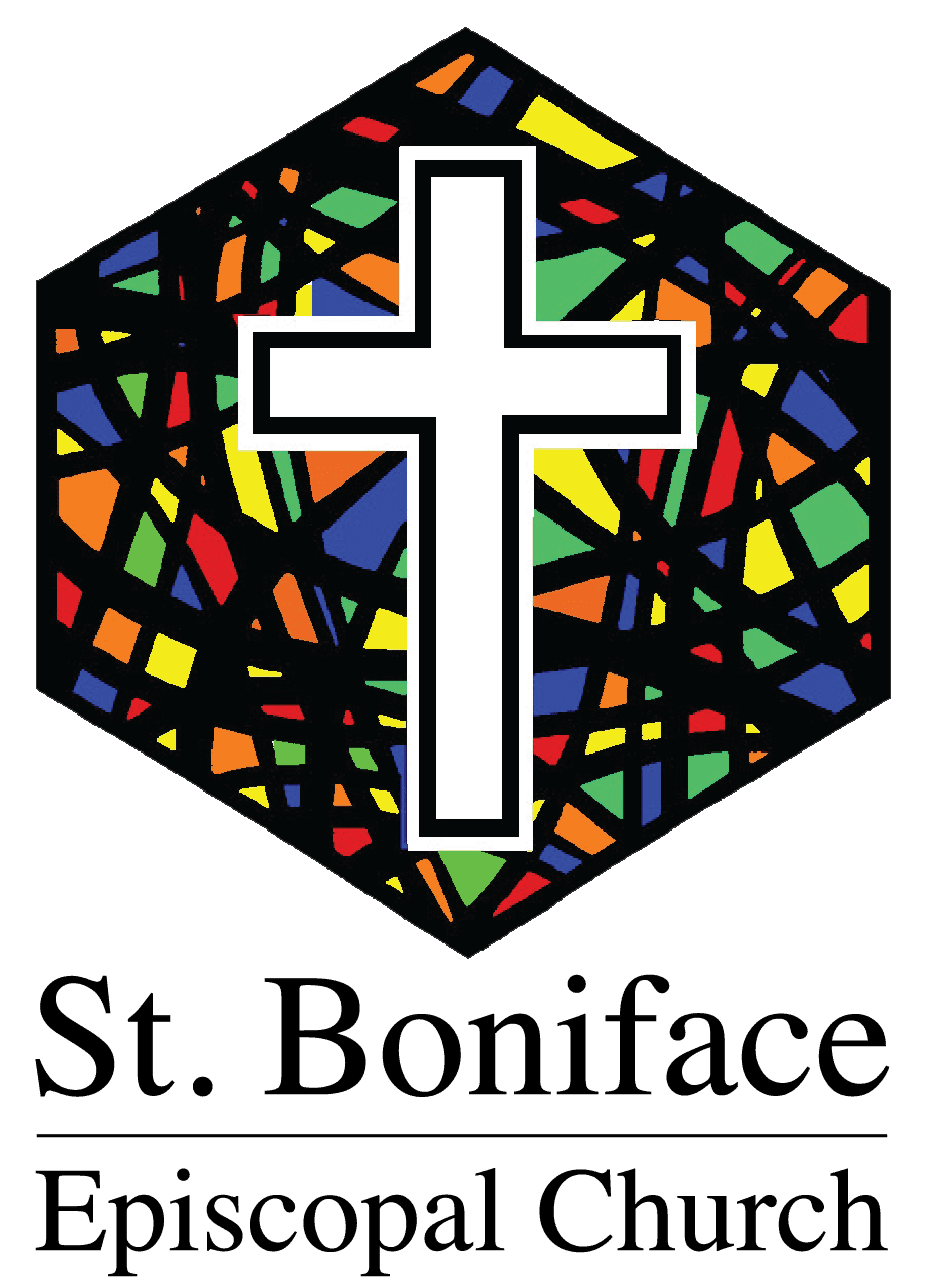LGBTQIA+ History
in the Episcopal Church
“Progress” is welcomed at St Boniface!
At their June 2023 meeting, the Vestry voted to fly the “Progress Pride Flag” (along with the Episcopal Church, the Florida and the United States flags) year-round. Flying this symbolic flag is considered by leadership to be aligned with our core values & our mission and vision statements. St Boniface resolves to be prophetic in our hospitality to marginalized communities – especially the LGBTQA+.
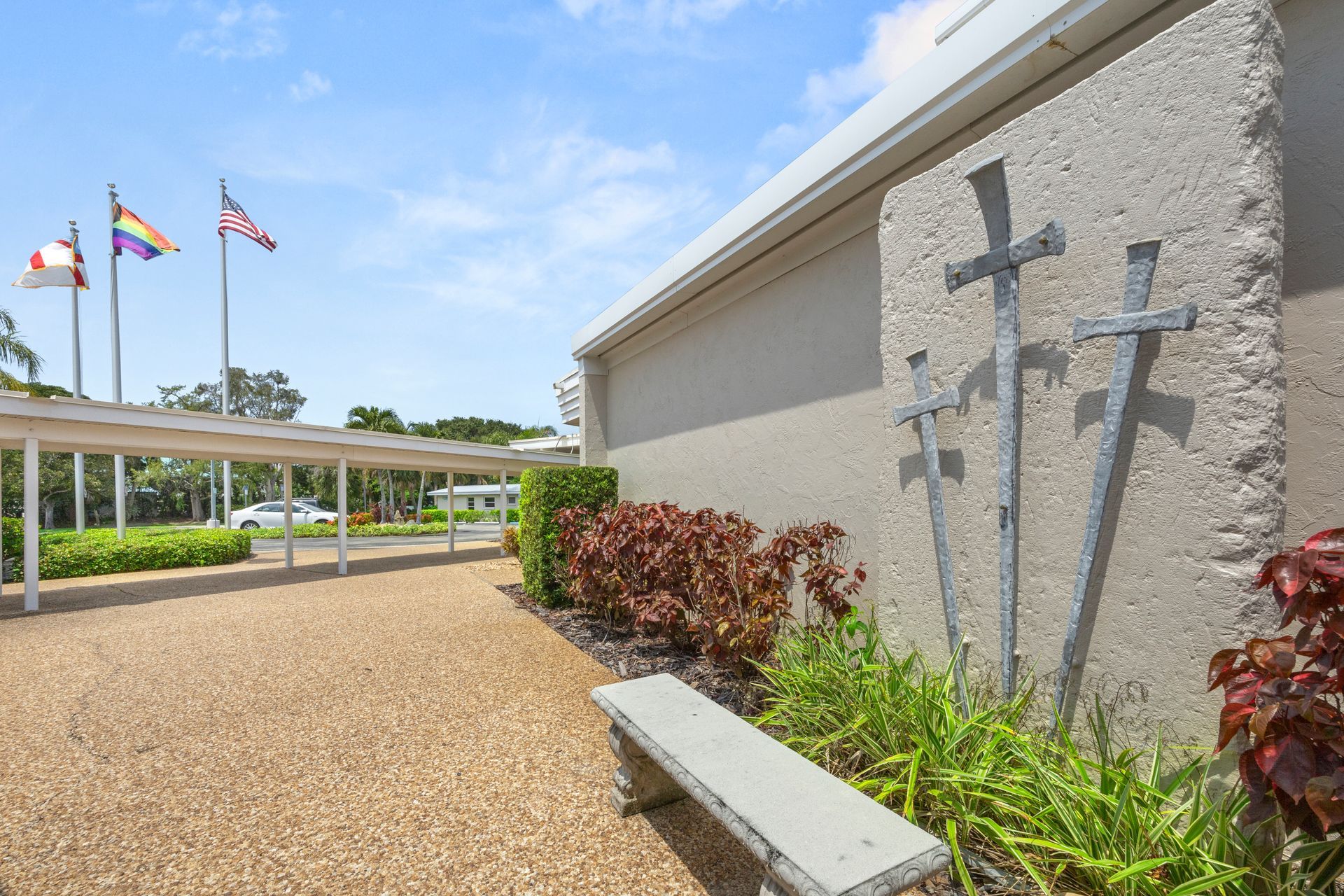
What is the “Progress Pride Flag”?
This flag, developed in 2018 by non-binary American artist and designer Daniel Quasar, is a modification of the iconic 1978 rainbow flag celebrating the diversity of the LGBTQA+ community calling for a more inclusive society. The right-hand side of the flag includes the stacked rainbow-colored stripes symbolizing hope and celebrating diversity. Quasar, on the left-hand side, added new colors of stripes to intentionally include and symbolize transgendered and non-binary people, black and brown members of the queer community, and those lost to HIV-AIDs. These are oriented forming an arrow pointing rightward illustrating the progress that still needs to be made.
How does the Episcopal Church embrace the LGBTQA+ community?
The LGBTQA+ (Lesbian, Gay, Bisexual, Trans, Queer and Allied) community is affirmed in our baptismal covenant as we strive “to respect the dignity of every human being” while “seeking and serving Christ in all persons, loving our neighbor as ourselves.” The Episcopal Church has a long legacy of inclusion supporting all regardless of gender, sexual orientation, or gender identity or expression.
Visit this website to find out more of the history of the Episcopal Church and the LGBTQA+ community:
episcopalchurch.org/who-we-are/lgbtq/ . And join us with pride welcoming all persons to St Boniface!
Visit this website to find out more of the history of the Episcopal Church and the LGBTQA+ community:
episcopalchurch.org/who-we-are/lgbtq/ . And join us with pride welcoming all persons to St Boniface!
Celebrating Diversity in God's Creation
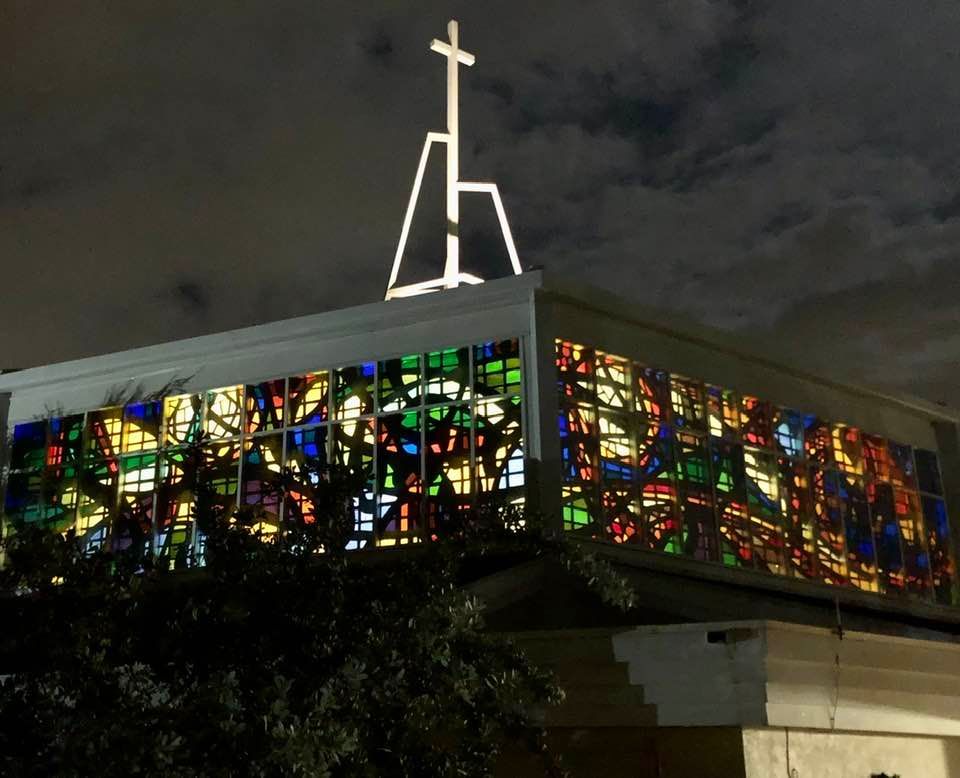
In 1994, General Convention amended the church’s canons to prohibit discrimination based on sexual orientation, providing equal access to the rites and worship of The Episcopal Church, including ordination. Nine years later the Diocese of New Hampshire elected the first openly-gay bishop in The Episcopal Church, the Rt. Rev. V. Gene Robinson. This was, arguably, a turning point for the church.
Despite continued pressure from sister churches of the Anglican Communion, as well as some within The Episcopal Church, General Convention stood with its LGBTQ siblings. In 2009 it acknowledged and affirmed same-sex couples in the life of the church; in 2012 it called for the repeal of discriminatory federal laws, increased legal protections for domestic partners, and recommended a liturgy for blessing the relationships of same-sex couples.
Faithful Episcopalians have been working toward a greater understanding and radical inclusion of all of God’s children for nearly a half-century. In 1974, Louie Crew founded IntegrityUSA, a non-profit organization with the goal of full-inclusion of LGBT persons in The Episcopal Church. The next General Convention, in 1976, adopted resolutions stating that “homosexual persons are children of God who have a full and equal claim with all other persons upon the love, acceptance, and pastoral concern and care of the Church” (1976-A069), and that they “are entitled to equal protection of the laws with all other citizens” (1976-A071).
Over the years, General Convention and Executive Council reaffirmed these resolutions, as well as calling the church to greater understanding, awareness, and inclusion of LGBTQ persons in the life of the church. In response to the AIDS crisis, the National Episcopal AIDS Coalition was created in 1988 to provide education and support for HIV and AIDS ministries across The Episcopal Church.
Also in 2009, TransEpiscopal, a group dedicated to fostering the full embrace of trans and nonbinary people in life and worship of The Episcopal Church, sent its first delegation to General Convention. That year, Convention expressed support for laws that prohibit discrimination based on gender identity. In 2012, the canons of The Episcopal Church were amended to prohibit discrimination in the ordination process based on gender identity and gender expression.
Finally, in the summer of 2015, just five days after the Supreme Court of the United States ruled that same-sex couples had the legal right to marry, General Convention voted to amend the canons of The Episcopal Church that regulate marriage, permitting any couple the rite of Holy Matrimony. They also called for a name-change rite to honor an important moment in the lives of anyone claiming their true identity.
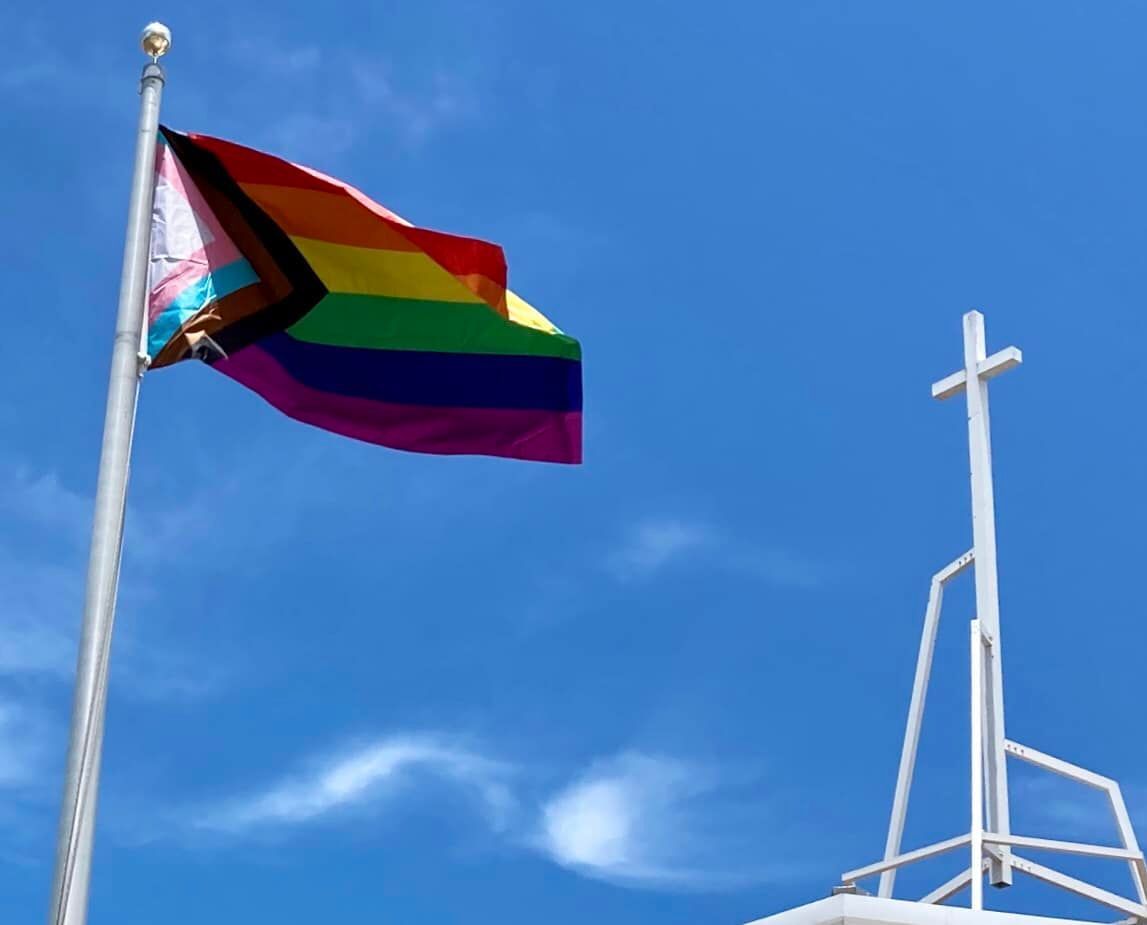
The Episcopal Church warmly welcomes our LGBTQ siblings, but it would be disingenuous to say that the entire church is in the same place on this journey. As with all spiritual journeys, everyone walks at their own pace. Some Episcopal congregations are actively involved in LGBTQ ministry and their arms are open wide; others are more reserved, but their doors are still open to all; some are still wrestling with their beliefs and feelings. But we’re on this journey together, and The Episcopal Church is dedicated to full inclusion and equality in the church as well as in society as a whole.
Helpful resource: The TransEpiscopal website -
www.transepiscopal.org
Source: The Episcopal Church -
www.episcopalchurch.org/who-we-are/lgbtq/history

